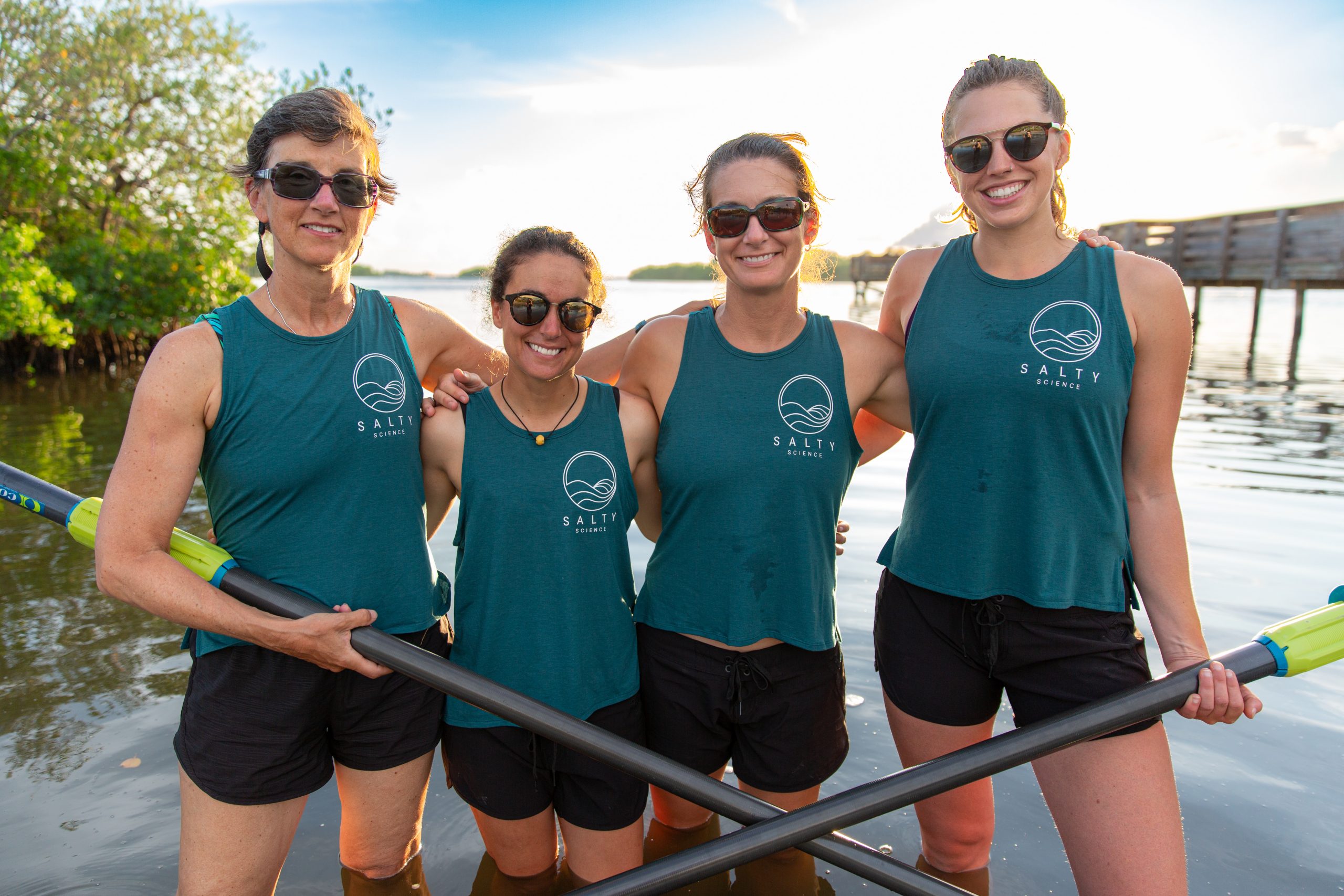
The all-woman ‘Salty Science’ crew is taking part in the World’s Toughest Row – Atlantic 2023, where teams row without stopping and without support from San Sebastian de La Gomera in The Canary Islands to Nelson’s Dockyard in Antigua.
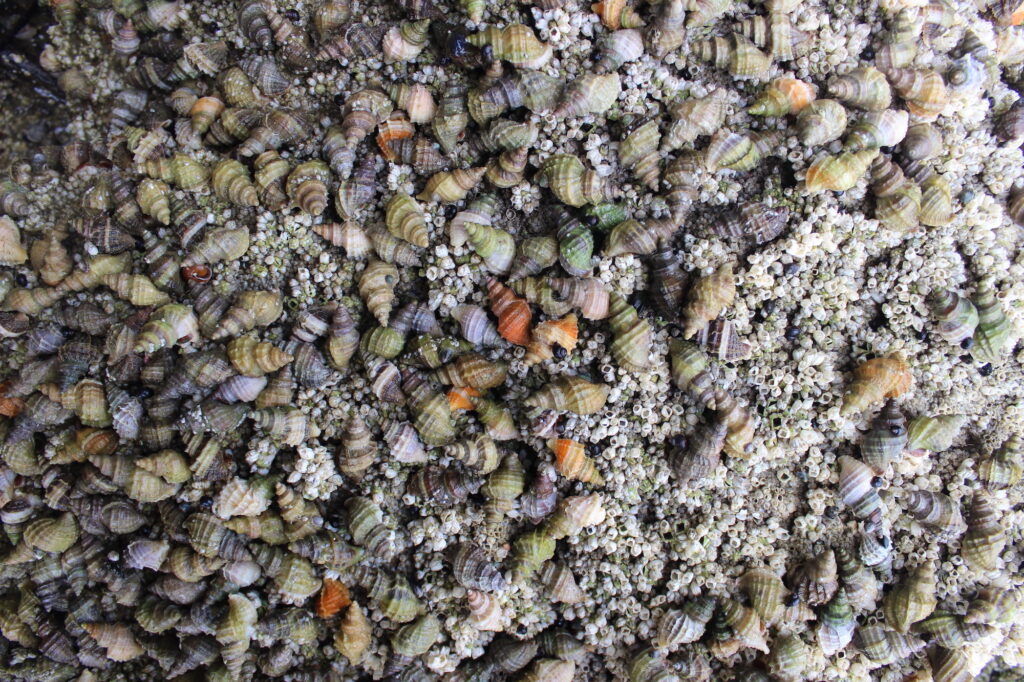
Tags: British Columbia, Christopher Harley, climate change, faculty, Fiona Beaty, oysters, Research, sea snails, Strait of Georgia, whales
The frilled dog winkle may sound like a complex knot for a tie, but this local sea snail holds clues to our warmer future, including a dire outlook for species that can’t move, adapt, or acclimate as fast as their environment heats up.
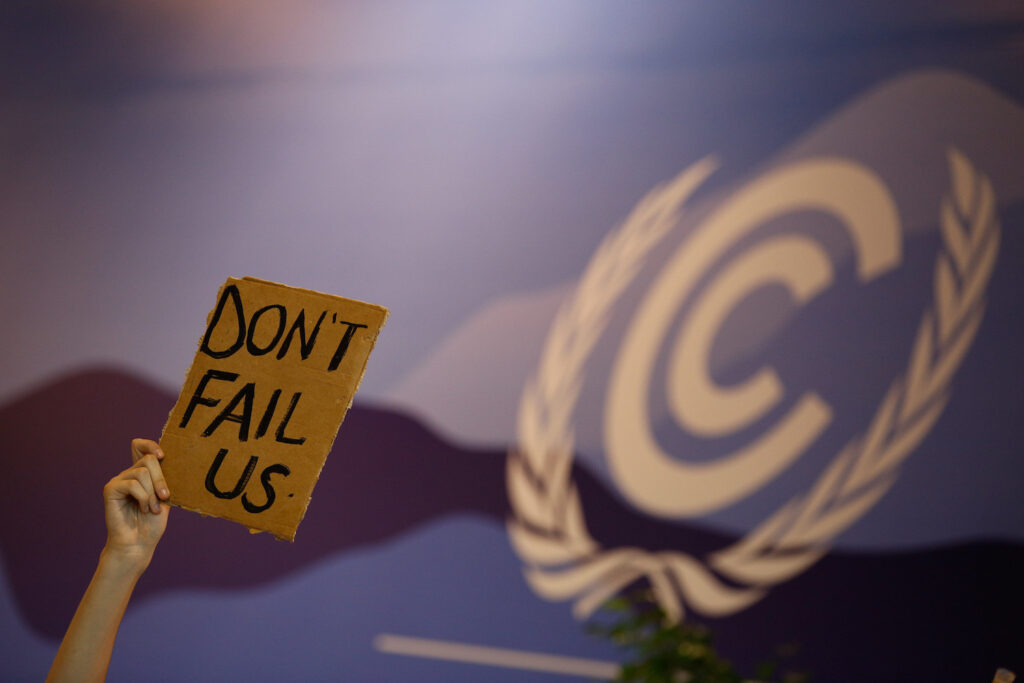
Climate experts are looking for action on finance and renewable energy goals at the United Nations climate change conference, including the 28th Conference of Parties (COP).
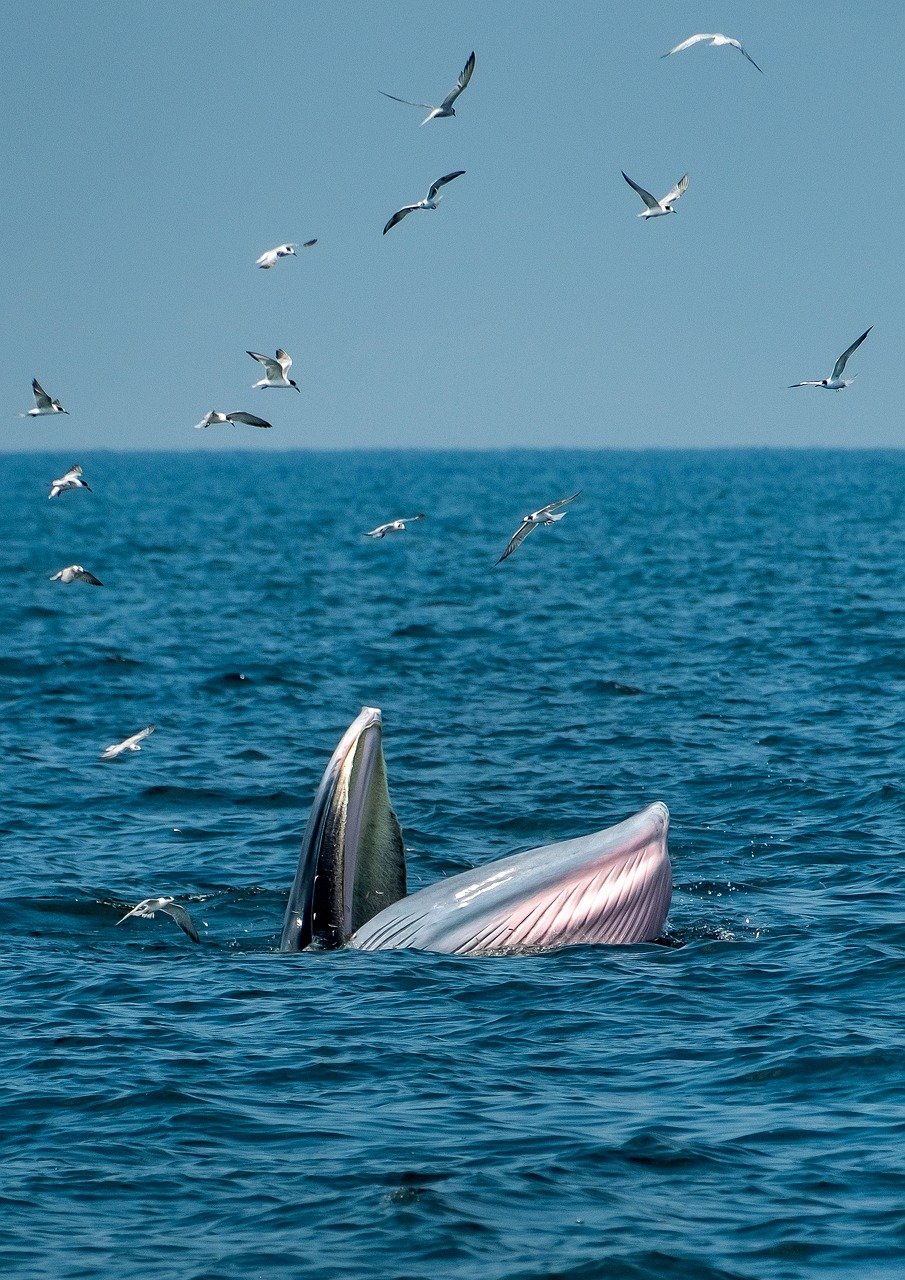
Tags: cetaceans, David Rosen, dolphins, energetics, faculty, killer whales, marine mammals, metabolic rates, MMean Lab, MMRU, sea lions, sea otters, tuna, walrus, whales
The metabolic rates of marine mammals who live their entire lives at sea or remain submerged for long periods of time are almost impossible to measure, creating large gaps in the data that scientists hope to fill with future technological innovations.
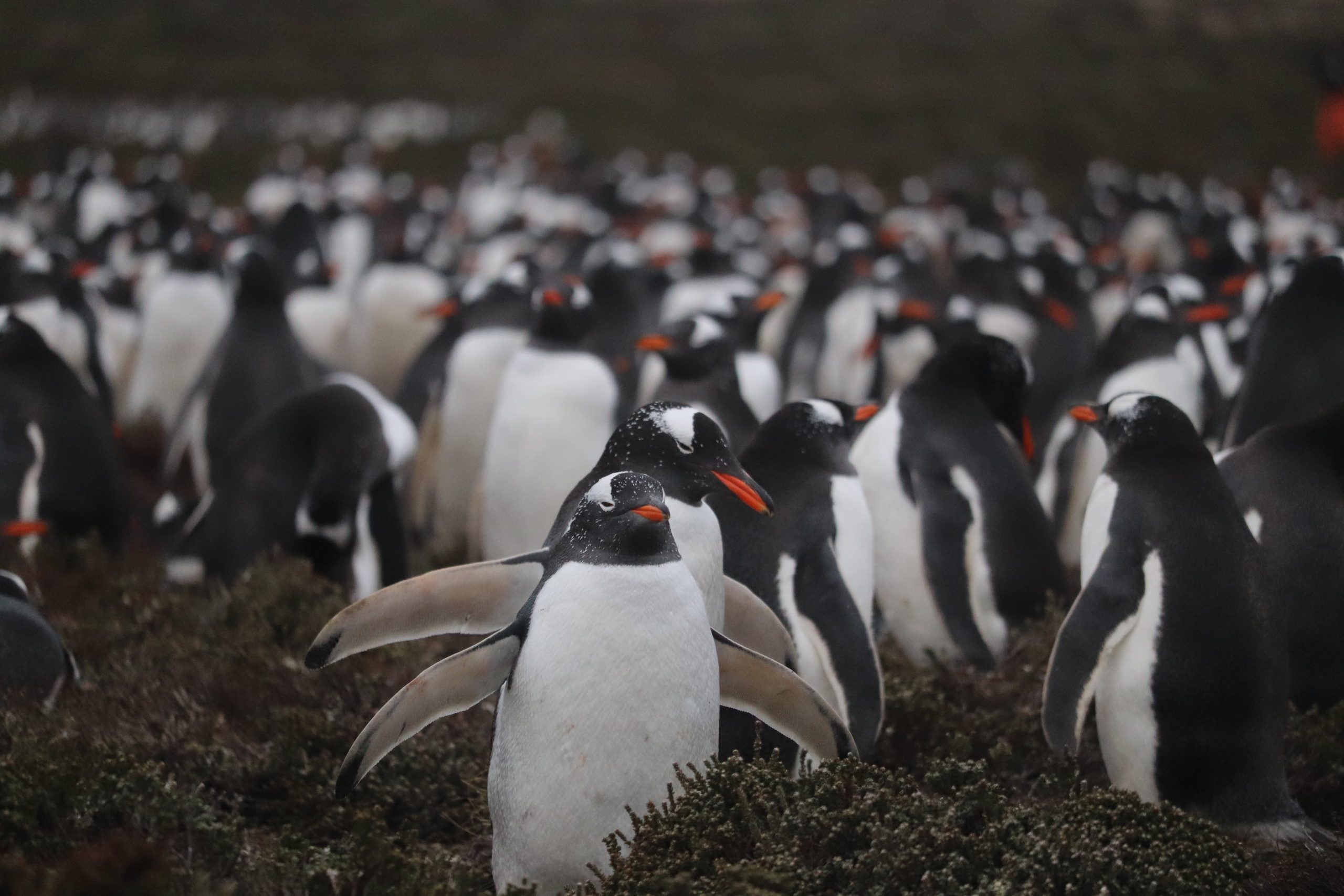
Tags: birds, energetics, faculty, Falkland Islands, Gentoo penguins, hemoglobin, IOF alumni, IOF students, Marie Auger-Methe, penguins, seabirds
Discover the Falkland gentoo penguin and learn from experts at the Institute for the Oceans and Fisheries!
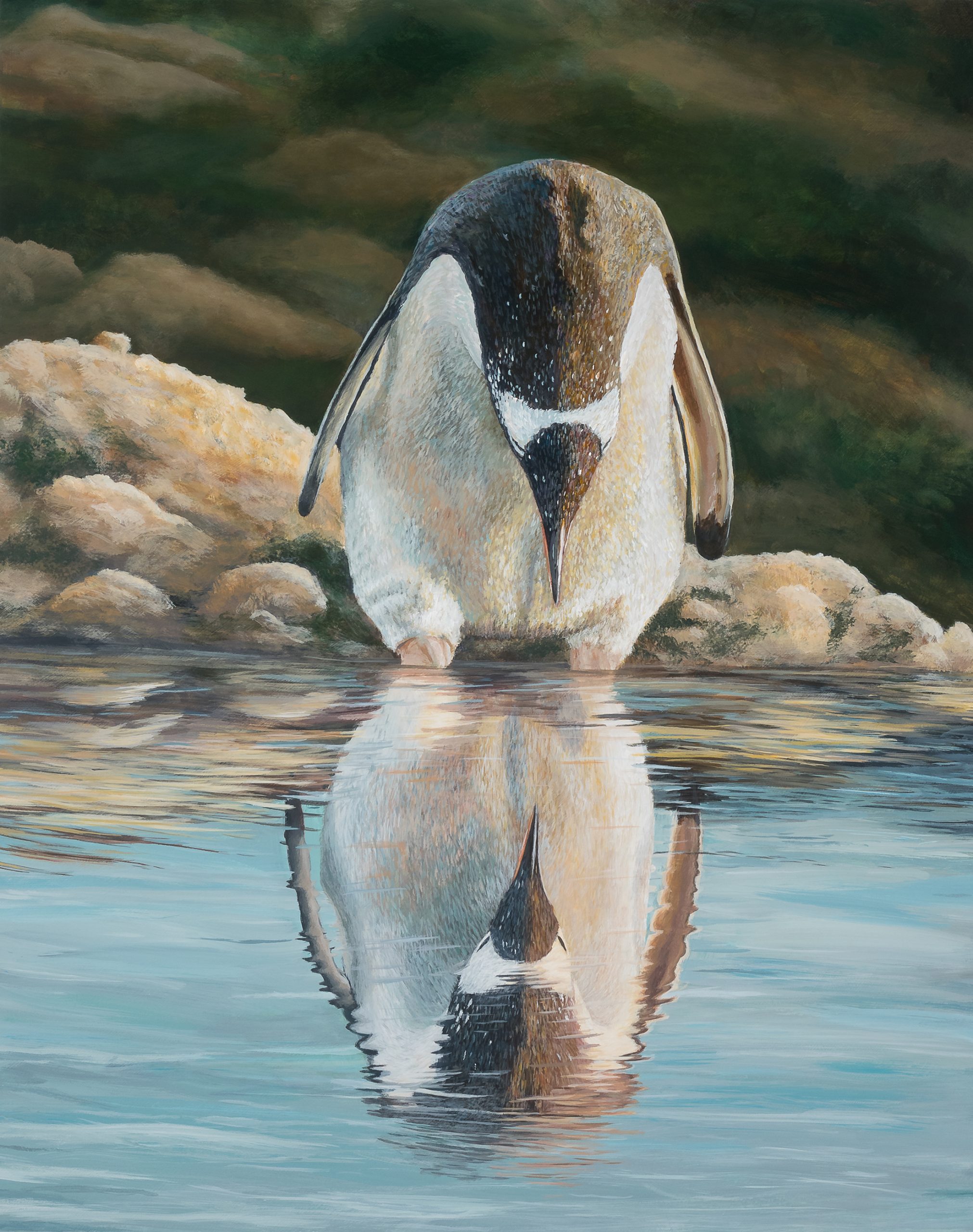
Tags: biology, birds, energetics, faculty, Falkland Islands, foraging, hemoglobin, IOF alumni, IOF students, Marie Auger-Methe, penguins, reproduction, seabirds
Gentoo penguins have to food forage before laying eggs. The amount of hemoglobin in their blood may increase diving capacities. Increased diving may mean more tiny penguin chicks.
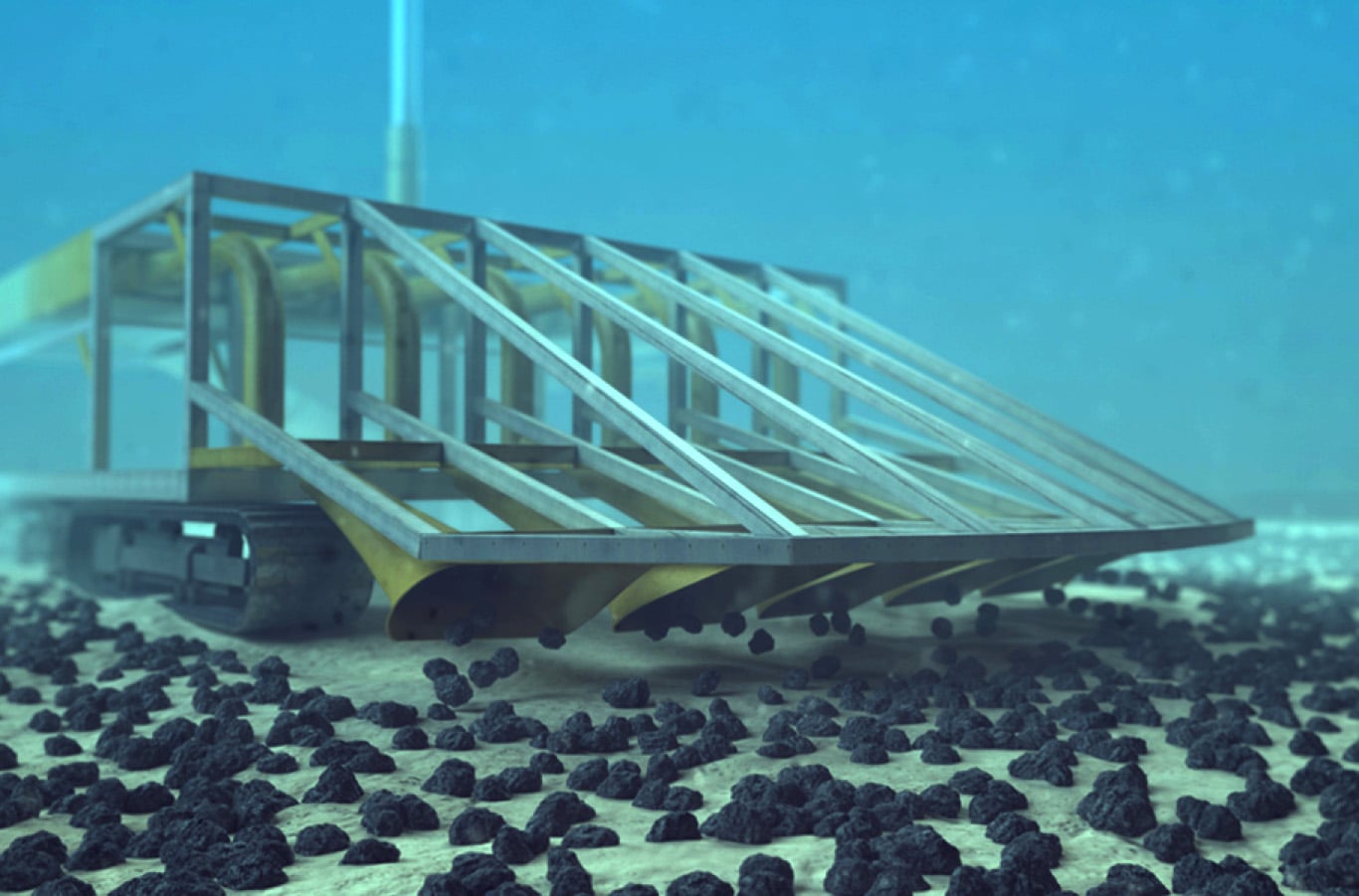
Tags: contaminants, deep sea mining, faculty, International Seabed Authority Assembly (ISA), mineral deposits, mining, ocean ecology, pollution, Rashid Sumaila, sea floor, UNCLOS
While advocates of deep-sea mining say that the investment is needed to provide the metals needed for a carbon neutral economy, opponents point to the irreparable damage that it would have on the environment.
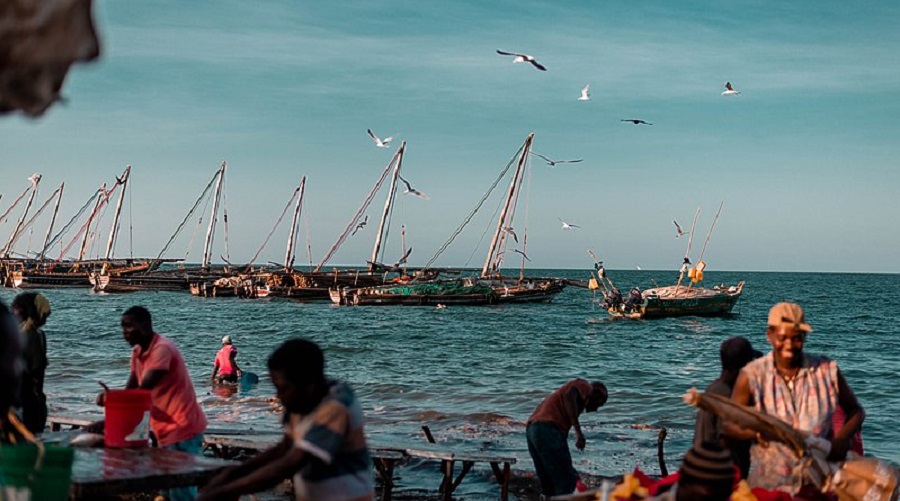
Tags: CSMY, Daniel Pauly, faculty, Modelling, overfishing, Publications, Research, Sea Around Us, sustainability
A recent update introduced to the CMSY methodology used to assess the status of fish stocks has proven to more accurately predict the catch that a population can support than highly-valued data-intensive models.
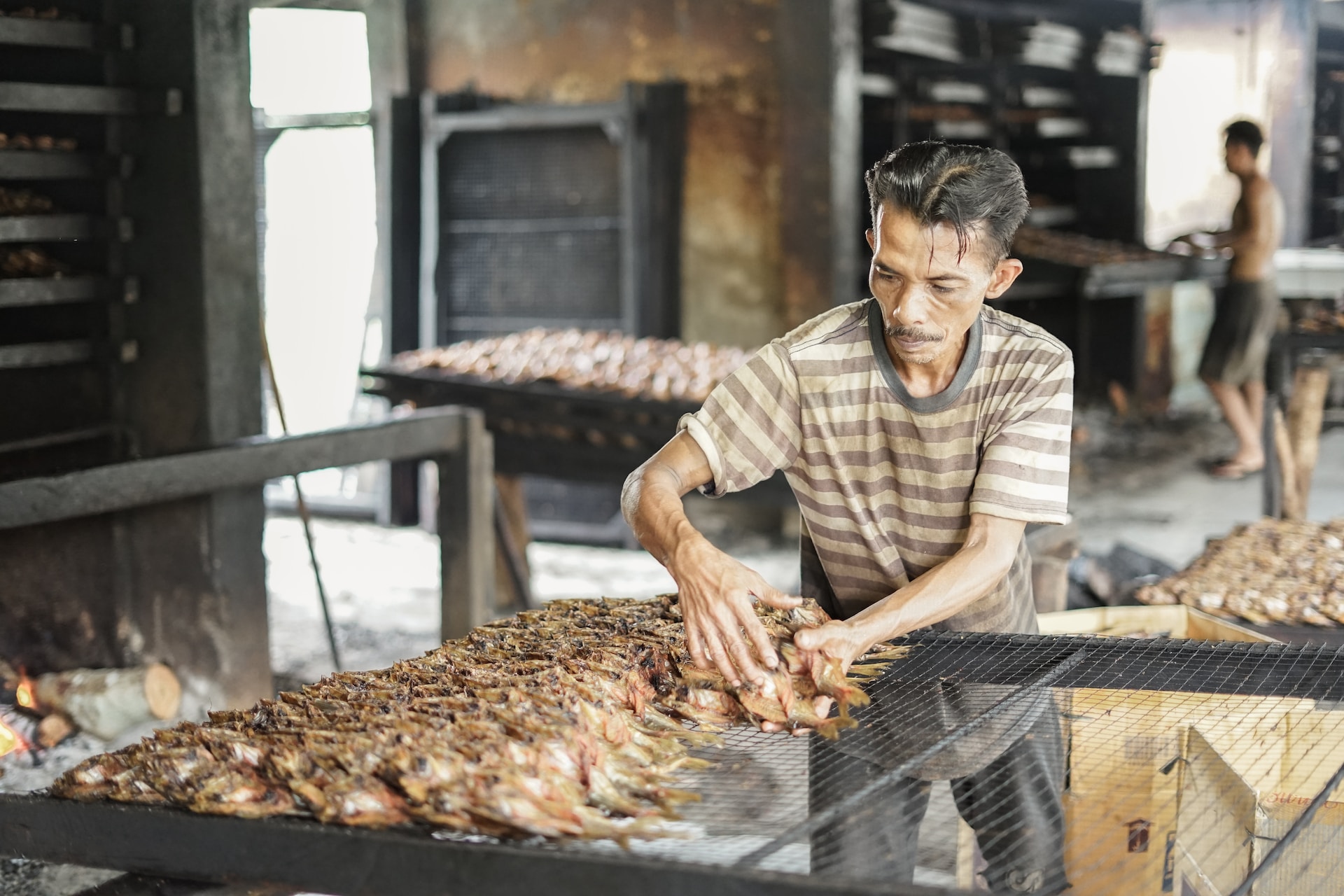
Tags: aquaculture, CORU, diet, faculty, IOF postdoctoral fellows, mariculture, Muhammed Oyinlola, nutrition, Paris Agreement, Research, Sea Around Us, seafood, Solving FCB, William Cheung
This could be reduced to a roughly 10% decline if the world were to meet the Paris Agreement targets of limiting global warming to 1.5 to 2 degrees Celsius - which recent reports have shown we're not on track to achieve.

Tags: honours, Larkin Lecture
The Peter A. Larkin Award recognizes a leading fisheries researcher who is committed to research excellence, inspiring education, and innovative societal engagement. Deadline November 30, 2023